41 runny nose with teething
Teething and Runny Nose | Teething Guide A runny nose which occurs due to teething usually develops a short period of time before the teeth break through. Consider it a precursor of what is to come. Your baby may get a runny nose each time a tooth pushes through but on the other hand, he/she may only develop a runny nose from certain types of teeth. › browse › runnyRunny Definition & Meaning | Dictionary.com adjective, run·ni·er, run·ni·est. tending to run or drip: a runny paste. (of the nose) discharging mucus. QUIZ Smoothly step over to these common grammar mistakes that trip many people up. Good luck! Question whom TAKE THE QUIZ TO FIND OUT Origin of runny First recorded in 1810–20; run + -y 1 Words nearby runny
Do babies get stuffy noses when teething - HealthTap Hi would like to know if its possible for a 4month old prem baby to get cold or flu like symptoms before teething ? sudden runny blocked nose.? Dr. Katharine Cox answered. Pediatric Emergency Medicine 47 years experience. Yes: Colds are independent of teething and are caused generally caused by a virus. Use a gentle saline solution often and ...
Runny nose with teething
Baby teething symptoms - NHS Teething symptoms. Baby teeth sometimes emerge with no pain or discomfort at all. At other times, you may notice: their gum is sore and red where the tooth is coming through. they have a mild temperature of less than 38C. they have 1 flushed cheek. they have a rash on their face. they're rubbing their ear. they're dribbling more than usual. › health › runny-nose-causesRunny Nose Causes: Symptoms, Treatments, and More - Healthline Mar 20, 2019 · A runny nose is a symptom of many conditions. It’s characterized by mucus draining or dripping from the nostril. Mucus is a protective substance produced by the mucous membrane, a type of tissue... › symptoms › runny-noseRunny nose - Mayo Clinic Mar 16, 2021 · A runny nose is excess nasal drainage. It may be a thin clear fluid, thick mucus or something in between. The drainage may run out of your nose, down the back of your throat or both. The terms "rhinorrhea" and "rhinitis" are often used to refer to a runny nose. Rhinorrhea actually refers to a thin, mostly clear nasal discharge.
Runny nose with teething. Teething Fever: Is Your Baby Sick or Just Cutting Teeth? - Parents It's always a good idea to make sure you're ruling out actual sicknesses and not just assuming your baby's symptoms are teething. Symptoms like runny nose, diarrhea, and sneezing aren't usually ... Runny nose with teething, symptoms and treatment Teething teeth are accompanied by the discharge of clear mucus from the nose. Runny nose with teething, according to experts, due to the proximity of the mucous membranes of the nasal and oral cavities. The gums become inflamed, and the irritation passes from the mouth to the nose, the glands in the nose begin to actively excrete mucus. What does teething rash look like? Pictures and treatments Teething is the process of a baby's first teeth pushing through their gums. This process typically starts around the age of 6 months to 1 year and finishes around the age of 3. Teething can... Learn the Eight Signs of Teething. Make Your Baby Happy Again Learn the signs of teething: Drooling: One of the first signs of teething is the increase in saliva, causing your precious little bundle to resemble a rabid dog more than the Gerber baby. Be prepared to add a bib to the daily wardrobe. The drooling may start several weeks, even months before the first tooth appears. Nasal Congestion:
The 9 Signs of Teething You Need to Watch For - MightyMoms.club The allergy cough is caused by a runny nose drip drip dripping down the back of your baby's throat, irritating it. The easiest way to distinguish an allergy from a cold is the color of snot. ... Unlike the allergy and cold coughs above, the teething cough is not caused by the nose drippage. It's caused by mouth drippage. What You Should Know about Babies Teething? Jul 6, 2020 ... A teething baby can be cranky, crying, have difficulty sleeping and might be a little more irritable than usual. Some babies might have a low- ... Teething - Seattle Children's Hospital Teething does not cause fever, diarrhea, diaper rash or runny nose. It does not cause a lot of crying. It does not cause your baby to be more prone to getting sick. Caution about Fevers. Blaming teething for fevers can lead to a delay in seeking care for infections. Examples are ear and urinary tract infections. Another example is meningitis. Teething & Fever are Not Linked, but These Confirmed Symptoms Are Contrary to popular belief, teething does not cause fever, diarrhea, diaper rash, or a runny nose. Fever symptoms in a baby Generally, a fever in babies is defined as a temperature above...
Can Teething Cause A Runny Nose And Sneezing? - FAQS Clear Teething does not cause colds, rashes, diarrhea or fever. "Fever related to illness will be over 100.4 and often associated with other symptoms (with these other symptoms depending on the type of illness)-such as runny nose, cough, poor feeding, vomiting, diarrhea or rash," Dr. Can teething cause congestion and cough? Teething Teething & Congestion | Hello Motherhood Teething does not cause congestion, nor does it cause a high fever, diarrhea or general malaise. In fact, attributing a high fever or prolonged crying to teething pain can be dangerous to a baby's health as it can delay the diagnosis of a more serious infection, according to the AAP. Treating Teething Pain Teething and Runny Nose: Is This Normal? - Healthline When that runny nose is probably related to teething Teething is a topic of some controversy in medical circles. Most studies show that teething may cause some symptoms, such as making... Identifying The Source Of Your Baby's Cough | Colgate® A runny nose, sneezing, and swollen glands can cause a cough. But if they have clear sinuses and you have a laundry basket full of extra burp cloths from their excess drooling and chewing — it probably means your baby is teething. When To Take Your Baby To A Pediatrician In 7-10 days, most colds will cease within babies, says the Cleveland Clinic.
children's runny nose medicine | Teething Symptoms Runny Nose - FoodLicco Teething baby in symptoms of teething runny nose. Dr. Dipesh Navsaria, associate professor of Pediatrics at the University of Wisconsin School of Medicine and Public Health says that "Thanks to a transfer of maternal immunoglobulins to the placenta late in pregnancy, babies are born with much of their mother's immunity".
my.clevelandclinic.org › health › symptomsRunny Nose: Symptoms, Causes & Treatment - Cleveland Clinic A runny nose is mucus being discharged out of the nose. It can be caused by colder outdoor temperatures, or by the cold, flu, or allergies. Treatment includes drinking plenty of fluids, especially water, and resting as much as possible. You can ease symptoms with a saline nasal spray, and place a cool-mist humidifier near your bed to combat congestion aggravated by cold dry air.
Is a Runny Nose Normal During Teething? - Roberson Dental Care Nov 13, 2018 ... Often, symptoms like pain, irritability, a runny nose, fever, sleeping problems are associated with teething. · Some of the most common symptoms ...
Baby teething signs and symptoms | BabyCenter If your baby has diarrhea, a fever, or a runny nose, don't dismiss it as a sign of teething, especially if the symptoms last longer than 24 hours. ... Late teething doesn't signal a problem with a child's overall development. And there's actually a potential upside to taking a little longer, according to pediatrician Paul Horowitz, founder of ...
Teething or Sick: How to Figure Out What's Bothering Your Baby - WebMD There's no evidence that teething causes any of these issues. It's more likely that your child has a bug. Has a rash that's not just on the face. Lots of drooling can sometimes create a rash...
A Mom's Guide to Teething Fever [Signs, Symptoms, & Remedies] The signs and symptoms of common childhood illnesses can be similar to those of the teething problems. Your little one can get irritable and refuse to eat, or have difficulty sleeping. Some common signs and symptoms of teething illness: The child has a runny nose or sounds congested A fever There are rashes on the child's the body
Do Babies Get Runny Noses When Teething? | Hello Motherhood Teething does cause other symptoms, but most experts believe that runny noses in particular are not caused by teething, says BabyCenter.com. Symptoms of Teething Babies who are teething usually exhibit increased saliva and drooling, which can cause a red rash to develop around the mouth area. This may sometimes resemble clear nasal mucus.
› health › how-to-stop-a-runny-noseHow to Stop a Runny Nose: 10 Home Remedies That Work - Healthline Feb 8, 2022 · A runny nose is caused by excess mucus production in your nasal passages. This leads to watery secretions that drip from your nose and sometimes also drip down the back of your throat.
Teething symptoms and solutions - Today's Parent - Today's Parent Parents report a variety of symptoms associated with teething: flushed cheeks, drooling and a tendency to chew on hands, diarrhea, diaper rash, runny nose and mild fever. While loss of appetite and difficulty sleeping are attributable to pain, Lee acknowledges that some medical professionals aren't convinced that teething can cause flu-like ...
Babies Get Runny Noses Teething Answers, Questions, Parent, Teething So while teething itself is not likely the cause of your little one's fever, runny nose, and diarrhea (and associated diaper rash), it is likely a byproduct of the attempt to relieve those symptoms. Is Teething Pain Worse In The Evening? Anther common questions is why teething pain and discomfort is worse during the night time hours.
Are Teething and Runny Nose Related To Each Other? There are two types of symptoms involved when a baby is undergoing teething. Direct or true symptoms, and the second are false symptoms. Teething does not cause fever; it is a passive symptom that develops in babies, just like a runny nose. Direct Teething Symptoms Some directly linking signs are: Face rashes Increased habit of chewing
Teething Or Sick: How To Tell In Your Baby | Franciscan Health Teething does not cause colds, rashes, diarrhea or fever. "Fever related to illness will be over 100.4 and often associated with other symptoms (with these other symptoms depending on the type of illness)-such as runny nose, cough, poor feeding, vomiting, diarrhea or rash," Dr. Bonhivert said.
Can teething cause a runny nose? - Medical News Today Teething often occurs alongside other symptoms, such as a fever or a runny nose. An infant usually gets their first tooth at around 6 months. They tend to have a complete set of 20 teeth by 30...
› runnyRunny - definition of runny by The Free Dictionary runny - characteristic of a fluid; capable of flowing and easily changing shape fluid liquid - existing as or having characteristics of a liquid; especially tending to flow; "water and milk and blood are liquid substances" on WordNet 3.0, Farlex clipart collection. © 2003-2012 Princeton University, Farlex Inc. runny
Runny nose Causes - Mayo Clinic By Mayo Clinic Staff. A runny nose can be caused by anything that irritates or inflames the nasal tissues. Infections — such as the common cold and influenza — allergies and various irritants may all cause a runny nose. Some people have a chronically runny nose for no apparent reason — a condition called nonallergic rhinitis or vasomotor ...
› should_i_be_concerned_about_runny_poop › article_emRunny (Watery) Diarrhea: 10 Symptoms, Causes, Treatment Aug 31, 2022 · Runny poop ( diarrhea) is a symptom of many different conditions. Signs of runny poop may include: Loss of control of bowel movements Urgent need to use the bathroom Abdominal cramps/pain Symptoms that may accompany runny poop include: Nausea Vomiting Fever Chills Dehydration Loss of appetite Fatigue Bloating Lightheadedness Dizziness
Everything You Need To Know About Teething And Runny ... - Teethopedia During teething, an infant may experience several symptoms, such as a runny nose, a fever, or irritability. These symptoms are caused by the release of hormones that signal the start of teething. Some infants may also experience teething pain, which can be relieved with over-the-counter medication. How to soothe your teething baby
Teething or cold? How to distinguish teething symptoms from an illness ... Her study found that symptoms associated with teething included rashes, drooling, runny noses, short-lived diarrhea, crankiness, loss of appetite and mild temperatures. The symptoms were never severe, and they weren't prolonged, often beginning the day a pearly white popped through and lasting until the day after.
› symptoms › runny-noseRunny nose - Mayo Clinic Mar 16, 2021 · A runny nose is excess nasal drainage. It may be a thin clear fluid, thick mucus or something in between. The drainage may run out of your nose, down the back of your throat or both. The terms "rhinorrhea" and "rhinitis" are often used to refer to a runny nose. Rhinorrhea actually refers to a thin, mostly clear nasal discharge.
› health › runny-nose-causesRunny Nose Causes: Symptoms, Treatments, and More - Healthline Mar 20, 2019 · A runny nose is a symptom of many conditions. It’s characterized by mucus draining or dripping from the nostril. Mucus is a protective substance produced by the mucous membrane, a type of tissue...
Baby teething symptoms - NHS Teething symptoms. Baby teeth sometimes emerge with no pain or discomfort at all. At other times, you may notice: their gum is sore and red where the tooth is coming through. they have a mild temperature of less than 38C. they have 1 flushed cheek. they have a rash on their face. they're rubbing their ear. they're dribbling more than usual.

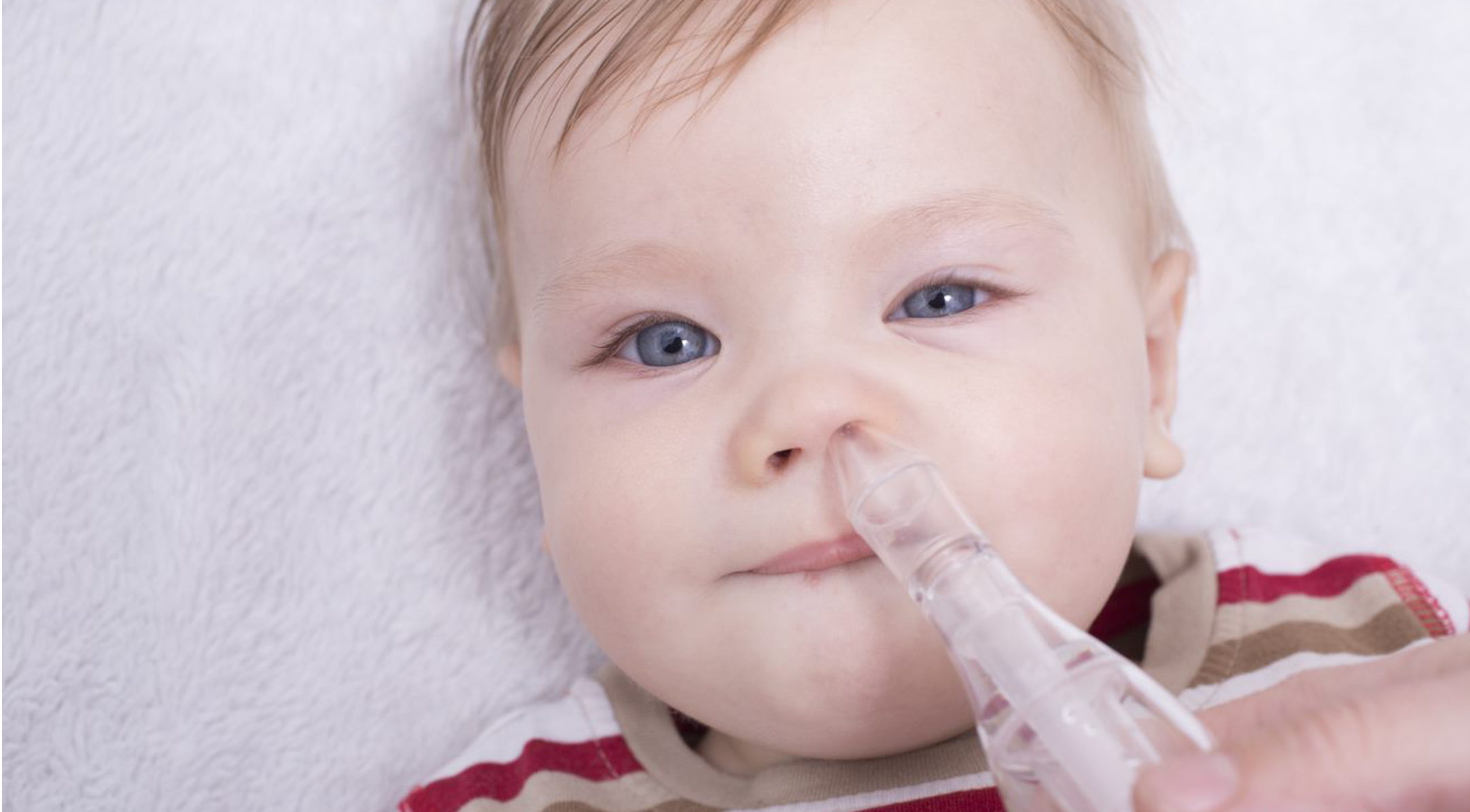

.jpg)
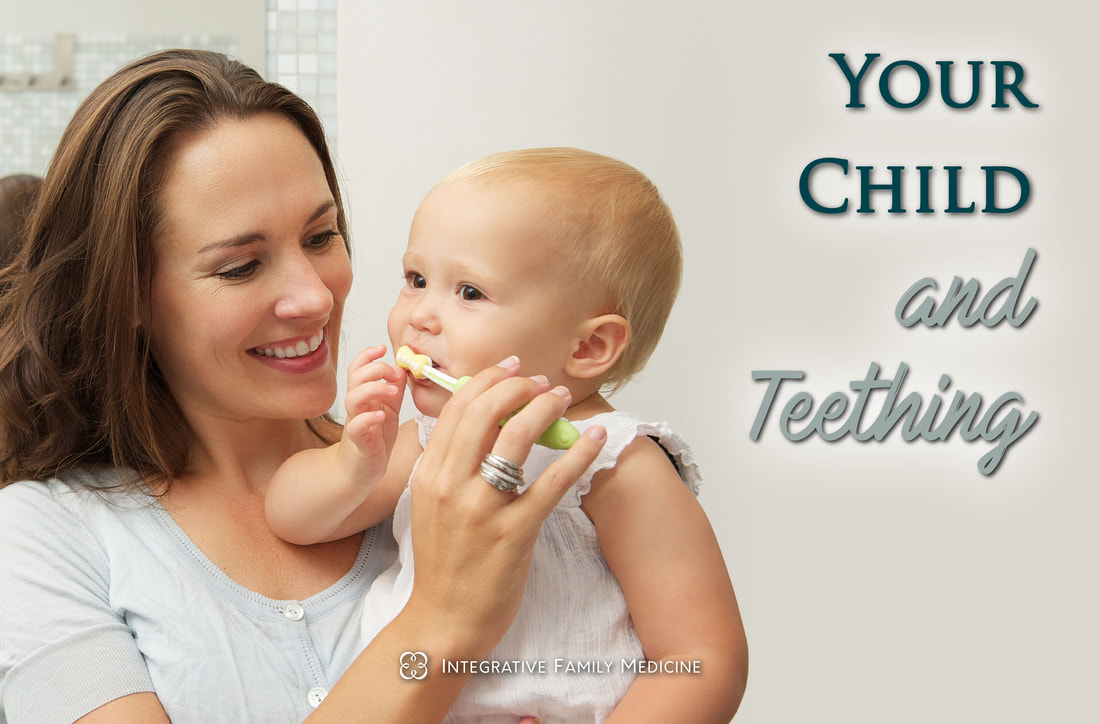

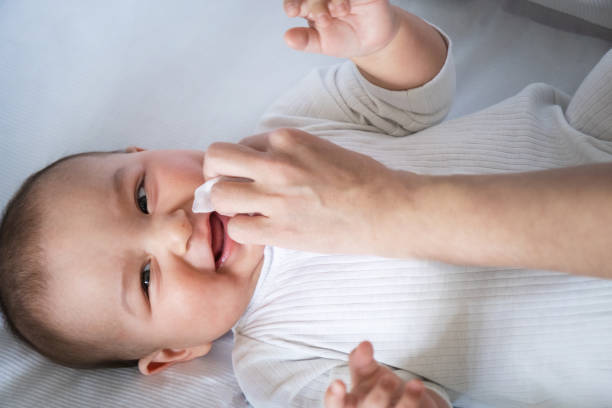
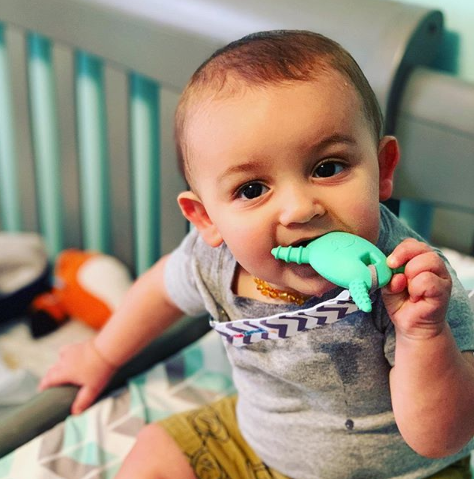
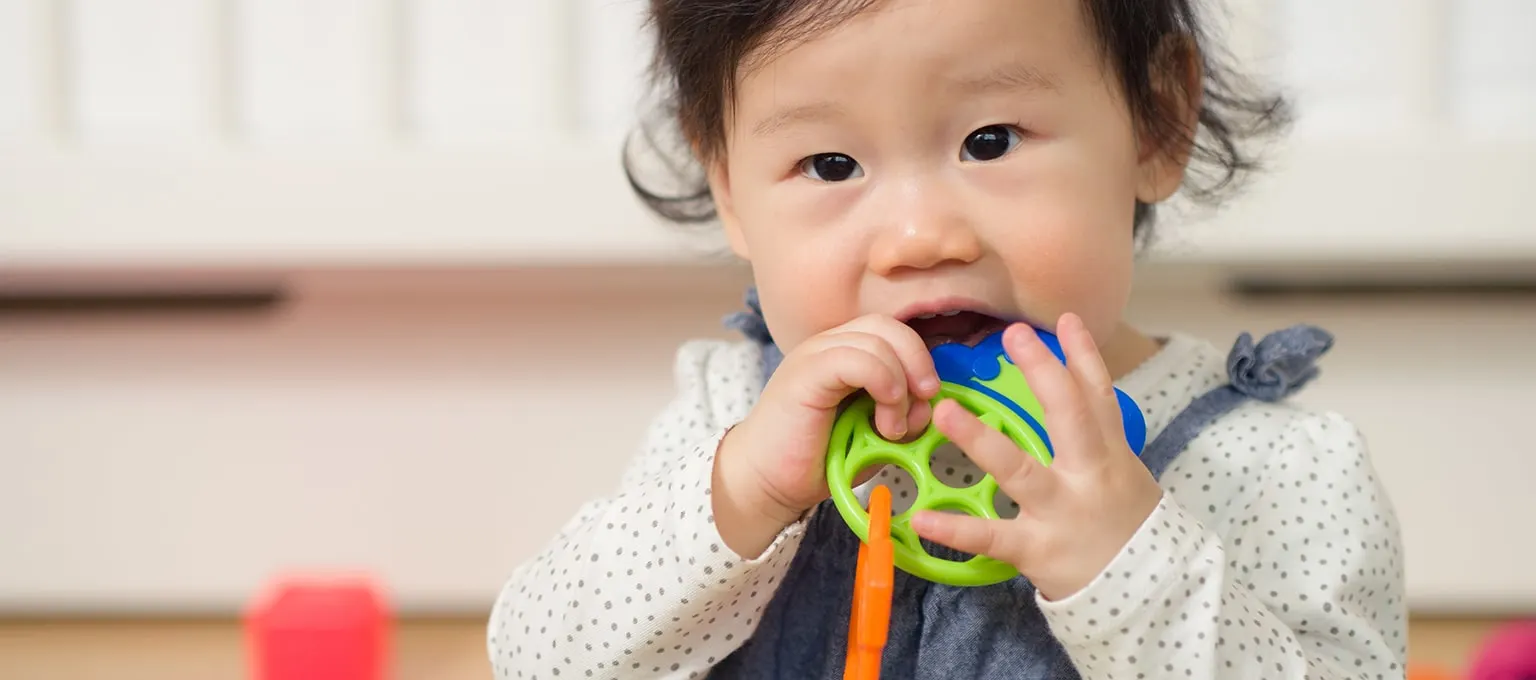
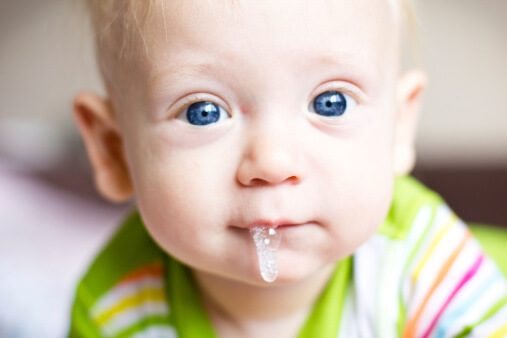
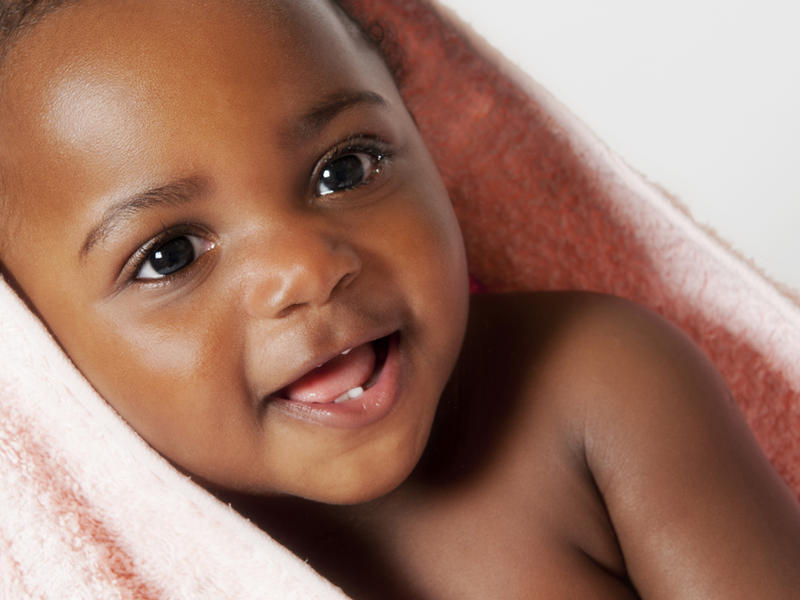

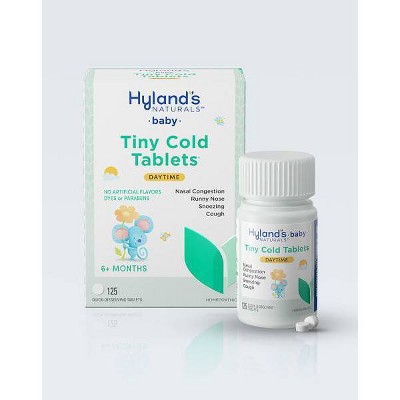

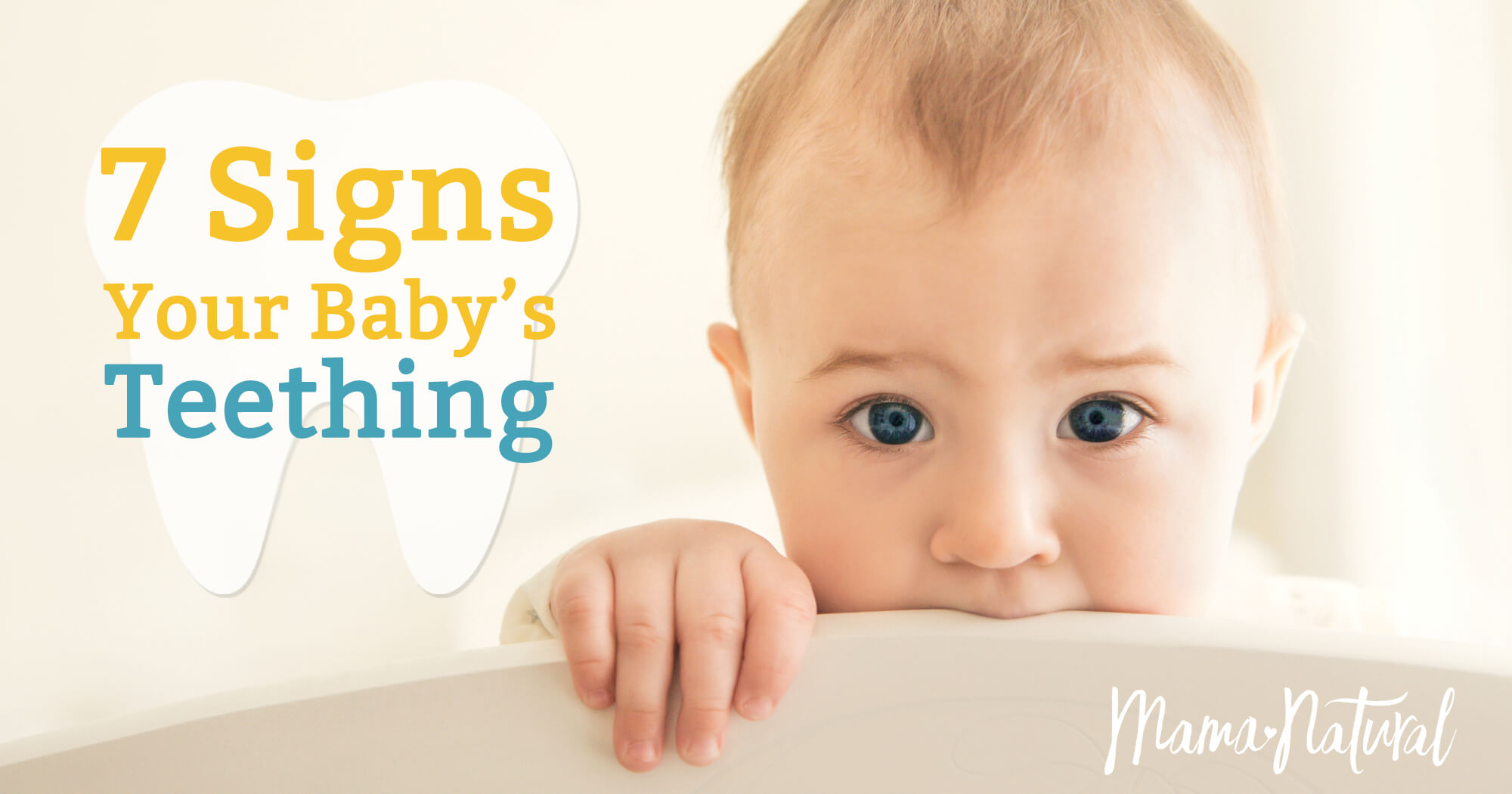

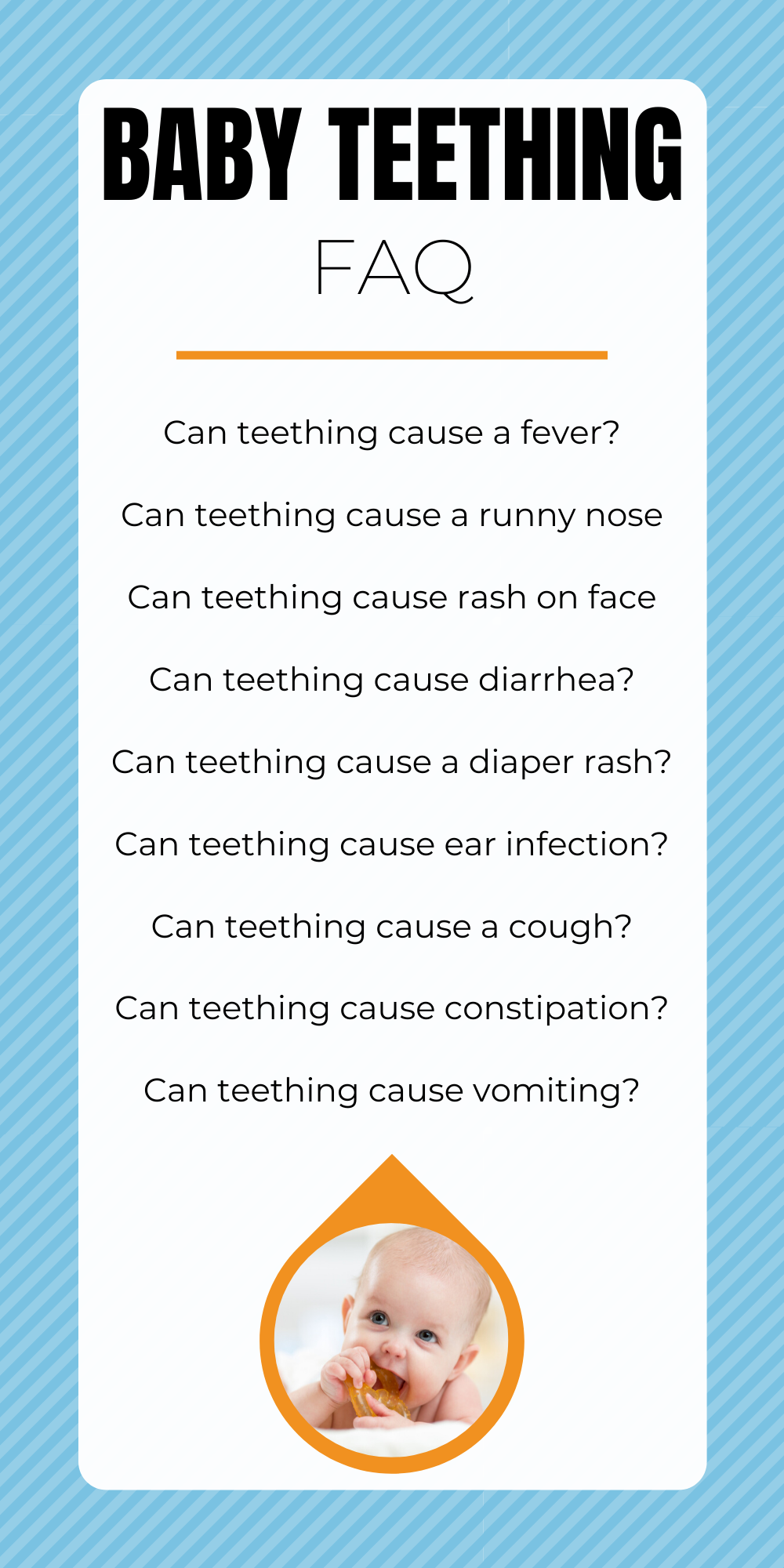
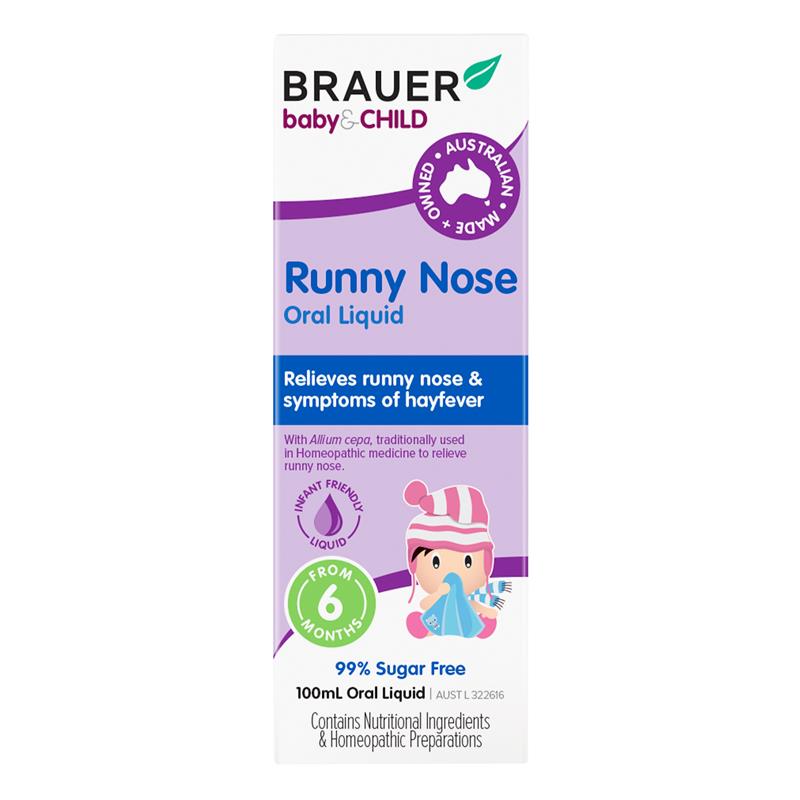





:max_bytes(150000):strip_icc()/GettyImages-1197355232-treatment-2000-8655b2ea5d2442caa96792182cbca037.jpg)

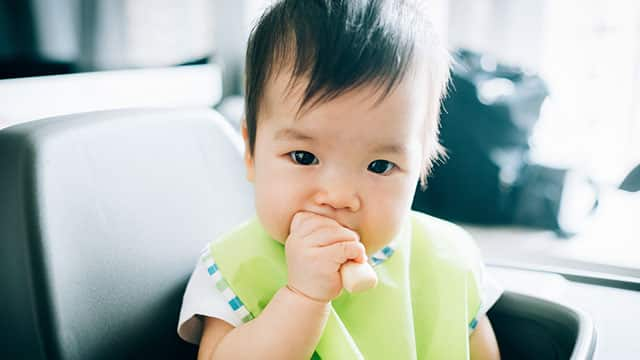



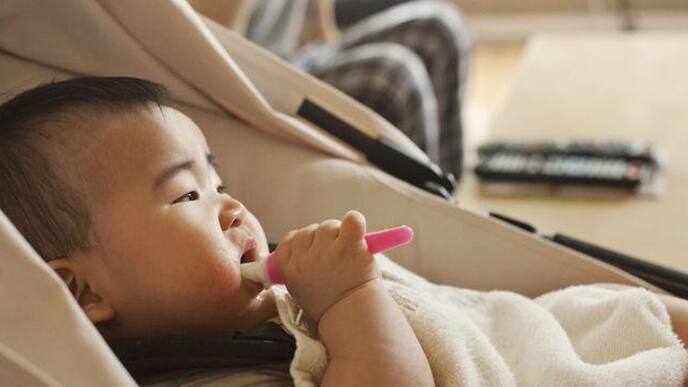
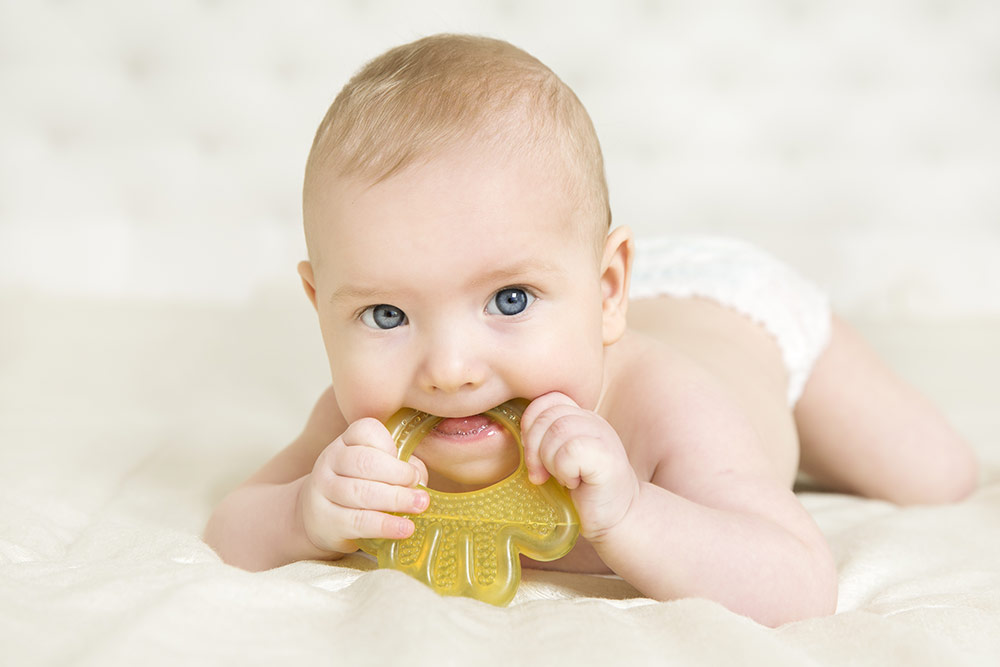





0 Response to "41 runny nose with teething"
Post a Comment